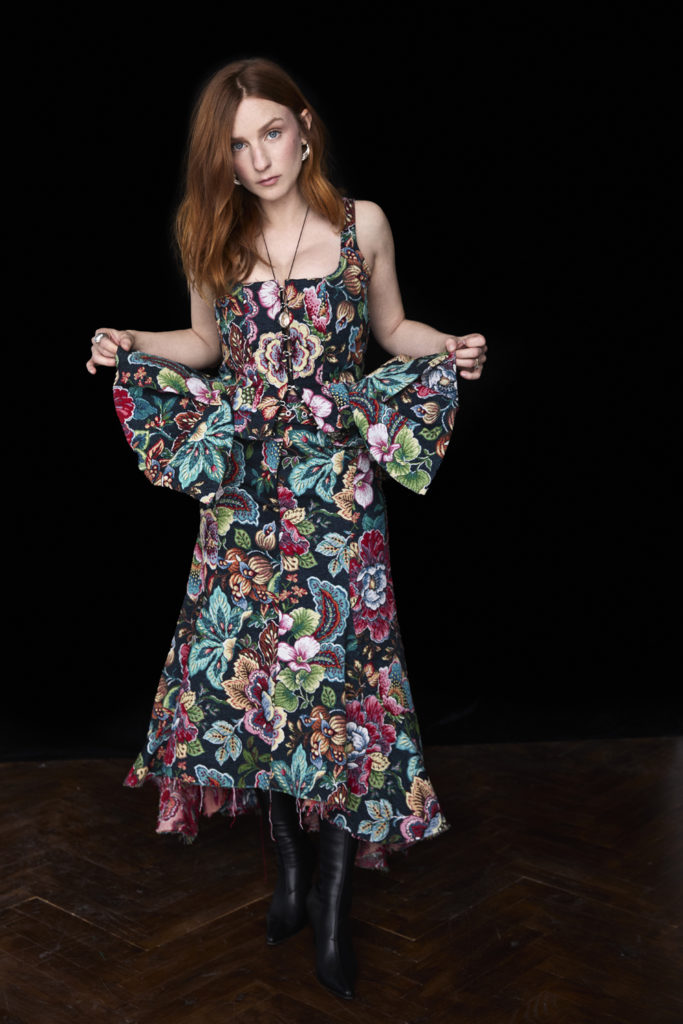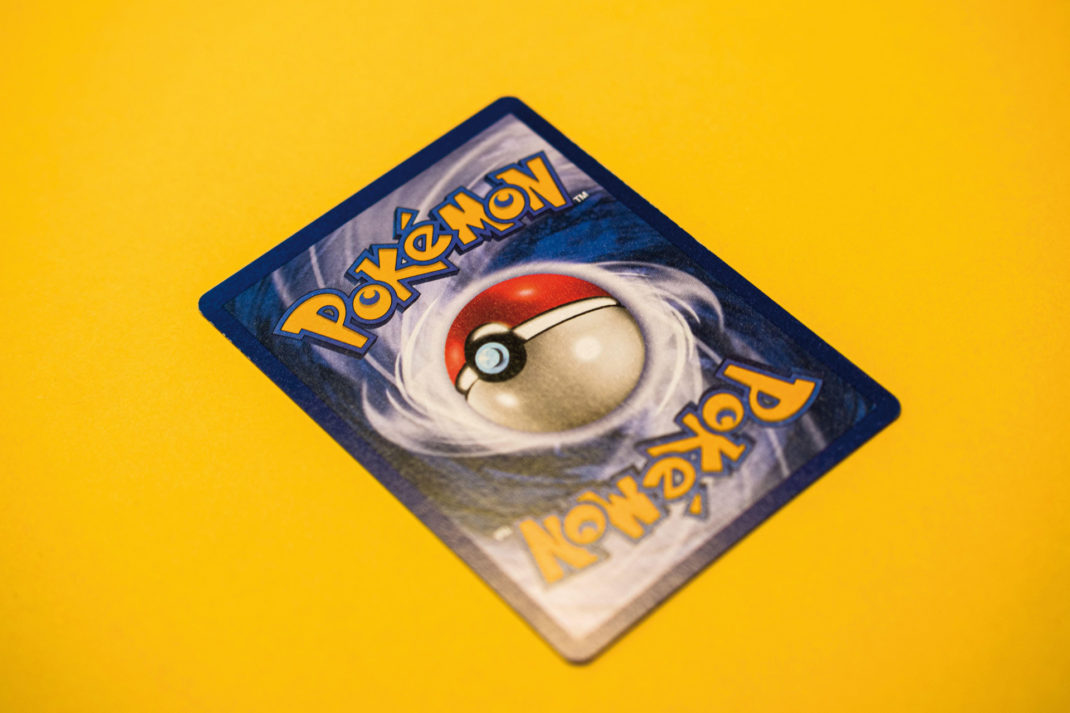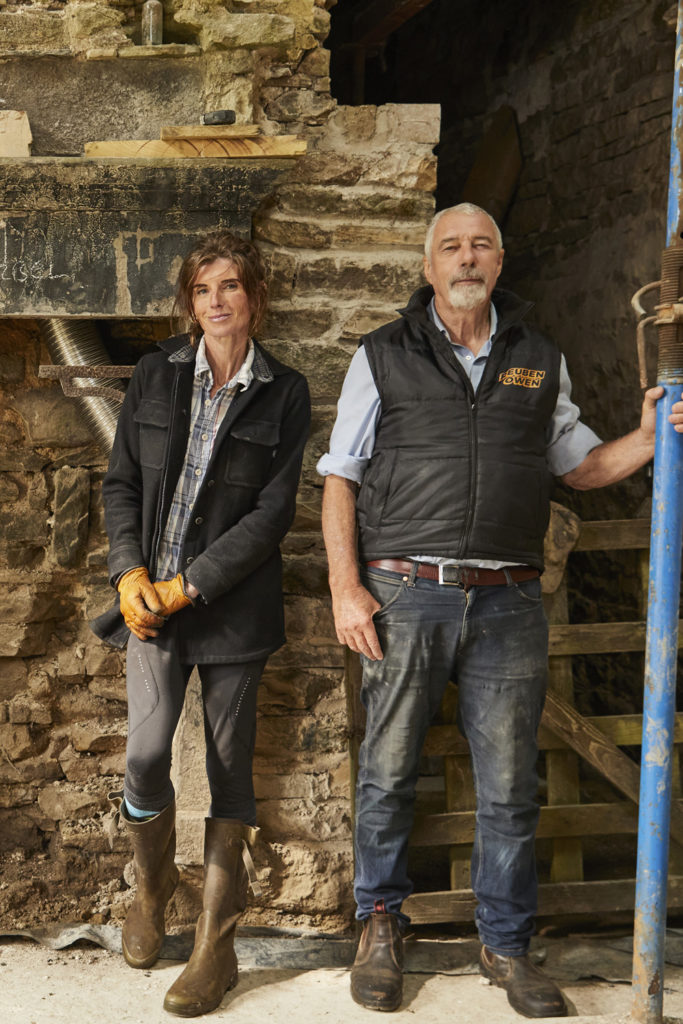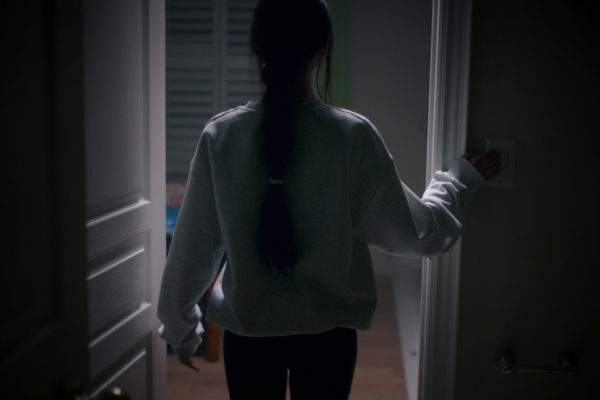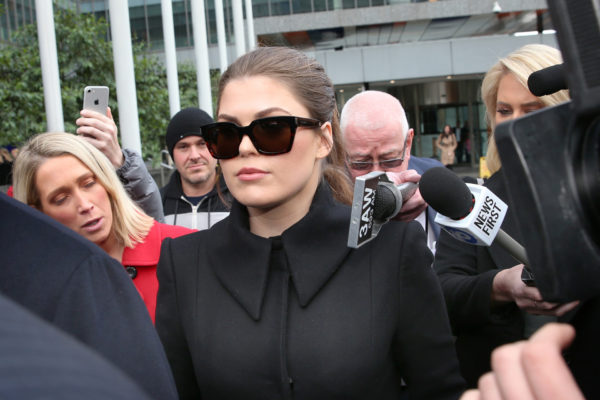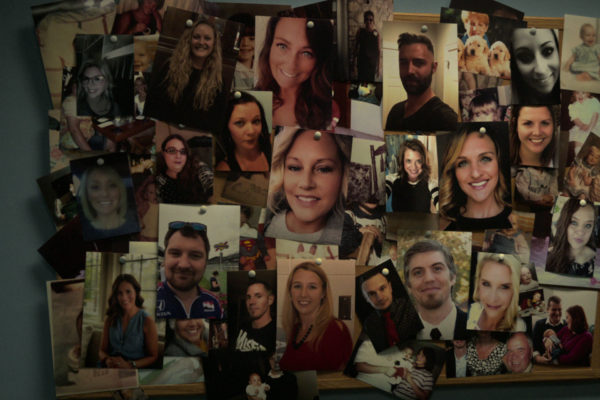Who Killed Jill Dando? The Story Behind The Murder
By
12 months ago
It's been 25 years since Jill Dando's murder rocked the nation
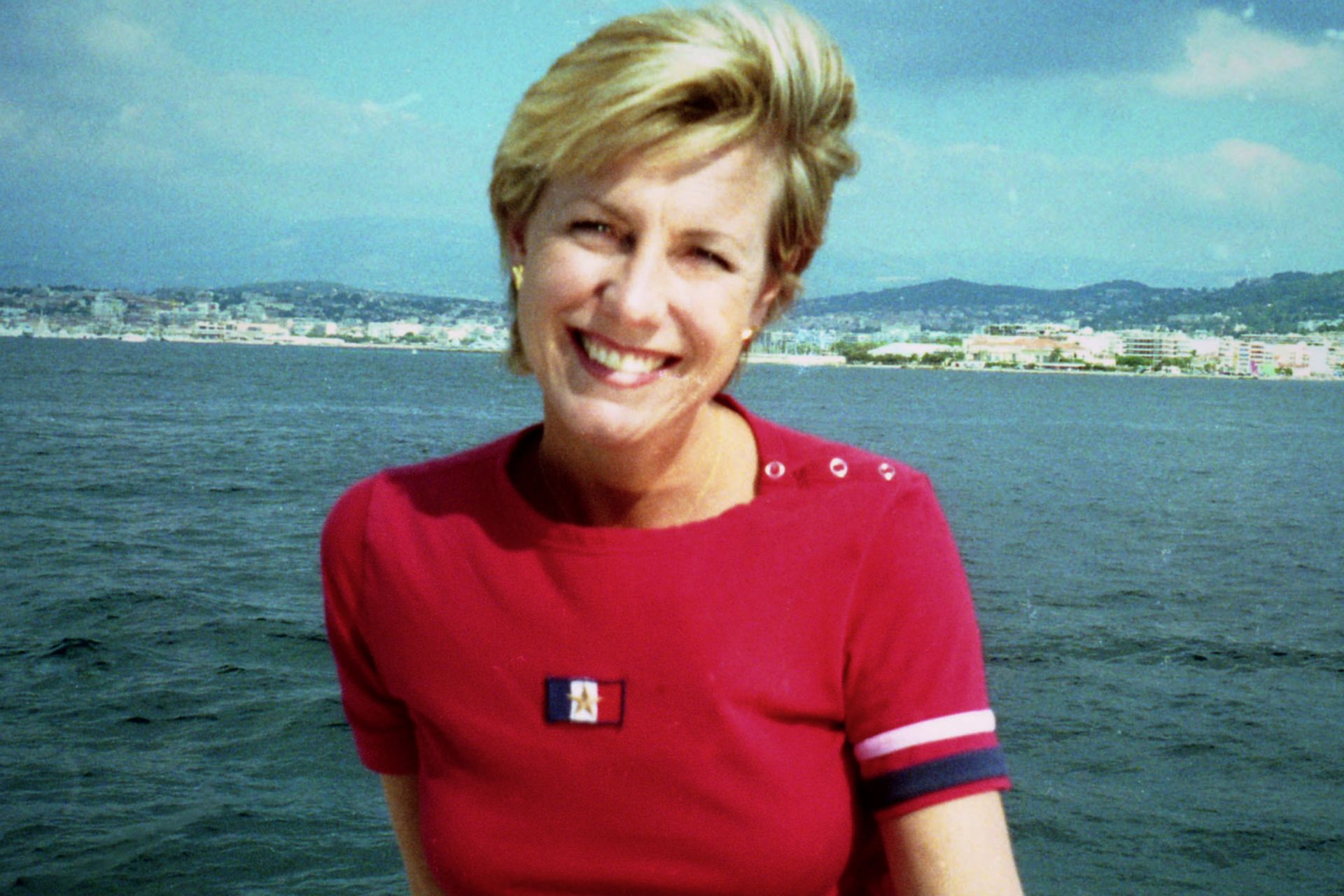
If you can’t help but be drawn in by true crime, the story of Jill Dando will certainly send a shiver down your spine. On the 25th anniversary of her murder, here’s what we know – and all the questions that remain.
The Story Of Jill Dando, 25 Years On
On 26 April 1999, BBC journalist Jill Dando was shot and killed on her doorstep in London. 25 years on, her murder remains unsolved – but what actually happened? And are we any closer to finding out who was responsible?
Who Was Jill Dando?
Jill Dando was a highly respected British newsreader and TV presenter. Born in Weston-super-Mare, she began career as a journalist for the Weston Mercury before moving to the BBC in the 1980s. She started at BBC Radio Devon, but by 1988 she had transferred from regional news to national news, presenting for the BBC in London.
Dando worked across multiple BBC news shows including Breakfast Time, Breakfast News, the BBC One O’Clock News and the Six O’Clock News. She also appeared in the travel programme Holiday, as well as in Crimewatch, which she co-presented with fellow broadcaster Nick Ross.
At the time of her death, Dando was one of the most popular members of the BBC broadcasting team, having been named BBC Personality of the Year in 1997. She was newly engaged to gynecologist Alan Farthing (who later became Queen Elizabeth II’s personal physician). The couple were set to marry in September 1999.

Image courtesy of Netflix
When Was She Murdered?
Dando was shot outside her home in Fulham on the morning of 26 April 1999. Having driven back from her fiancé’s house to her own home in Fulham, she was shot in the temple at close range just as she reached the front door. She was 37 years old.
Although a neighbour later reported seeing a man walking away from the scene, there were no witnesses to Dando’s murder; she was found on her doorstep by a passerby approximately 15 minutes after she had been shot. She was rushed to Charing Cross hospital but was pronounced dead on arrival.
Who Was Convicted?
Dando’s murder sparked one of the biggest criminal investigations in British history. The reaction from the British public was just as significant – thousands of mourners gathered on the streets of Weston-super-Mare on the day of her funeral.
During the hunt for Dando’s killer, the police combed through hundreds of hours of CCTV footage, interviewed over 2,500 people and took more than 1,000 statements. The investigation went on for over a year.
In May 2000, Barry George – a Fulham local and a registered sex offender – was arrested in conjunction with Dando’s death. One of her neighbours claimed to have seen George on the day of the murder, and his background fit with that of a killer: he spent most of his time alone, he had previous serious convictions (including for attempted rape and for carrying a knife), and he had been in the Territorial Army (so he knew how to use a gun). Police also found four copies of the commemorative Jill Dando issue of BBC’s Ariel magazine amongst George’s possessions, though the most significant piece of evidence against him was a single particle of residue found on his coat, which was believed to have come from the murder weapon itself.
George was convicted in July 2001 after an eight-week trial, and he was sentenced to life imprisonment. But the story doesn’t end there – far from it.
What Happened To Barry George?
George spent nearly eight years in prison, but he appealed his conviction twice during that time – and in 2008, he was cleared. A retrial occurred after the aforementioned particle evidence was deemed to be inconclusive.
Testimony from a neuropsychiatrist also revealed that George had an IQ of just 75, making it unlikely that he could have planned and committed the murder. No one has been convicted since, and the case remains unsolved.
Jill Dando’s Murder: The Theories
Five Minutes Of Fame
Ahead of a 2023 Netflix documentary about Dando’s murder (entitled Who Killed Jill Dando?), Dando’s brother Nigel told the BBC his theory: that the tragic incident was simply a desperate grab at fame. His belief, he explained, was ‘that it was just someone who was in that street who may or may not have known that she lived there, who was armed at the time, who may have recognised her, who perhaps thought he or she could get five minutes of notoriety by shooting her.’
A Crazed Stalker
Many people think that Dando’s death was related to her large TV audience – and specifically her work on Crimewatch. It has been suggested that her murder was the work of a viewer who was either angry or infatuated, eventually driven to exact revenge.
A Serbian Mobster
Because of the type of gun used in the shooting (a 9mm semi-automatic pistol, according to forensic investigators, which is difficult to obtain in the UK) and the way Dando was shot so precisely, some believe that the murder was committed by a professional, in a politically motivated attack carried out by someone with ties to Serbia. This theory arose in light of the fact that, a few weeks before she died, Dando had presented a BBC appeal for Kosovo-Albanian refugees – and only three days prior to her murder, British and US planes had bombed the Radio-Television Serbia building in Belgrade, killing 16 people.
For a while, police did believe that the two events were connected, but the idea of Serbian responsibility was eventually dismissed, as it seemed unlikely that Dando’s murder could have been planned and carried out only three days after the bombing. While many still feel that the murder was rooted in British-Serbian politics, the case has gone cold.
You can watch the BBC’s special documentary, The Murder of Jill Dando, on BBC iPlayer, or stream Who Killed Jill Dando? on Netflix.

